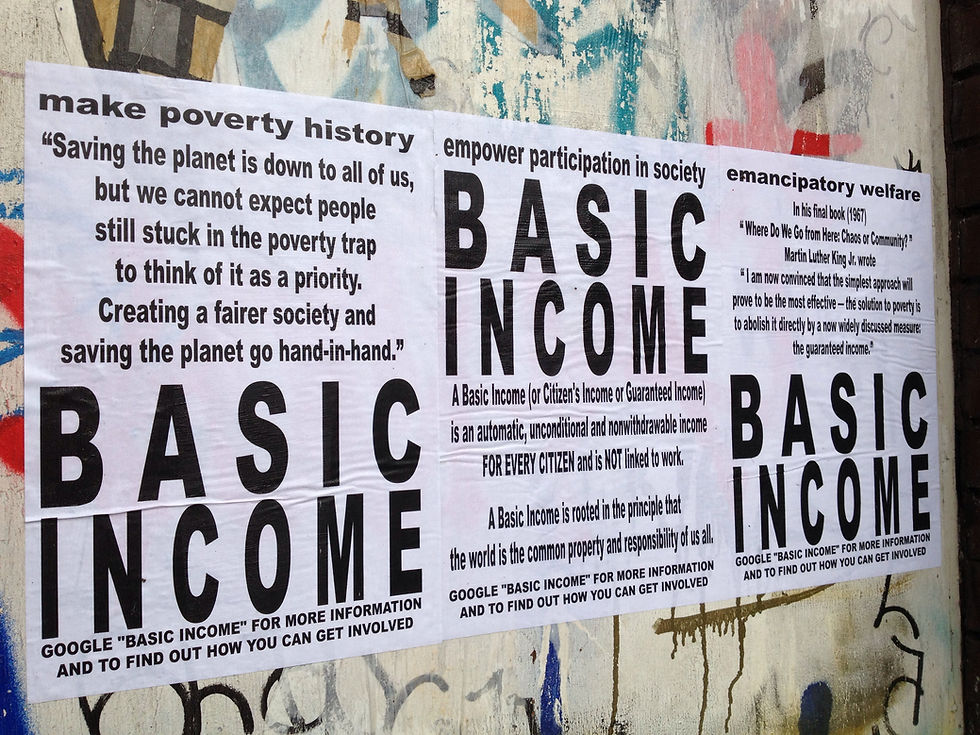From Politicians to the Royals: Who's Above the Law?
- Arya Jyothi

- Dec 26, 2020
- 3 min read
Updated: Dec 23, 2024
As millions more around the UK have been plunged into Tier 4, the pressure on public figures to abide by the COVID-19 rules increases - but a lot of them have already failed.
The Cummings COVID-19 Scandal in April was just the beginning of a long list of public figures who flouted rules whilst at the same time pleading the public to obey. The ex-Chief Adviser’s family trip to Durham, which he admitted to in a televised conference, was the first of many high profile blunders that has consequently caused a sharp decrease in public confidence in the government.
The latest of these blunders comes from the Chancellor of Exchequer himself, who, it has been revealed, travelled 240 miles from London to Yorkshire a day before London’s Tier 4 was announced. Though, his aides have insisted that he was unaware of the impending Tier 4 announcement. The Labour Party branded Rishi Sunak as ‘missing’ from December 1, as he hasn’t since been in Parliament or publicly addressed the new stringent restrictions.

However, ex-Labour leader, Jeremy Corbyn also found himself caught up with the law after a photo of him attending a dinner party with his wife and seven others was published by the Sun in October. "I understand that remaining at the dinner was a breach of the rule of six. I apologise for my mistake,” Corbyn has since said.
Even some in high profile medical roles had to publicly apologise after breaching COVID-19 restrictions in as early as April and May. Scotland’s previous chief medical officer, Dr Catherine Calderwood resigned in April after twice visiting her second home in Scotland in breach of lockdown.
A month later, the previous key government adviser, Professor Neil Ferguson, was also revealed to have broken social distancing rules, and consequently resigned on May 5. The scientist’s research had helped to implement the early lockdown but he undermined his own advice by meeting his “lover” at his home.
On December 23, Nicola Sturgeon condemned her own action of briefly removing her mask during a wake after the funeral of a “Scottish government civil servant” who had died from COVID-19. Since then, Sturgeon has apologised and said that under no circumstances was she in the right: “These rules do apply to me, just as they do to everyone else, and the rules really matter,” she announced at Holyrood.
However, it’s not just politicians who have set an ignorant example - the Duke and Duchess of Cambridge were accused on Monday of ignoring the rule of six by ‘inadvertently’ meeting with the Earl and Countess of Wessex with their children. The group of nine, made up of the parents and their combined five children, were seen at the mile-long light trail on the Queen’s Sandringham private estate. The group were criticised for apparently being "above the law".
As an increasing number of public figures continue to break the COVID-19 regulations, especially those who are at the same time asking the nation to abide by them, the public’s opinion and trust in the seriousness of the handling of the pandemic continues to fall. When tiers were first implemented across the UK, some social media users accused the system of being classist, as London was put into a lower tier, and therefore had to abide by fewer restrictions, despite having a similar, and, in some cases,
higher R0 number than northern areas. However, government figures at the time did show that London had a lower number of patients in hospital with COVID-19 and COVID-19 patients in mechanical ventilation beds.
The apparent inconsistency of the tier system, together with the breaking of COVID-19 laws by those in positions of power have created a ‘one rule for them and one rule for us’ sentiment throughout the UK. This has been reflected by many people ignoring COVID-19 rules: the latest of these disobediences being hundreds of people escaping the capital’s ‘Christmas cancellation’ the day after Tier 4 was announced.
As millions are forced to spend the holidays away from their loved ones, people are becoming tired of the blatant disregard shown by some in prominent positions, raising questions about how the general public can be expected to follow rules when they are not being shown good enough examples.

_edited.png)



Comments